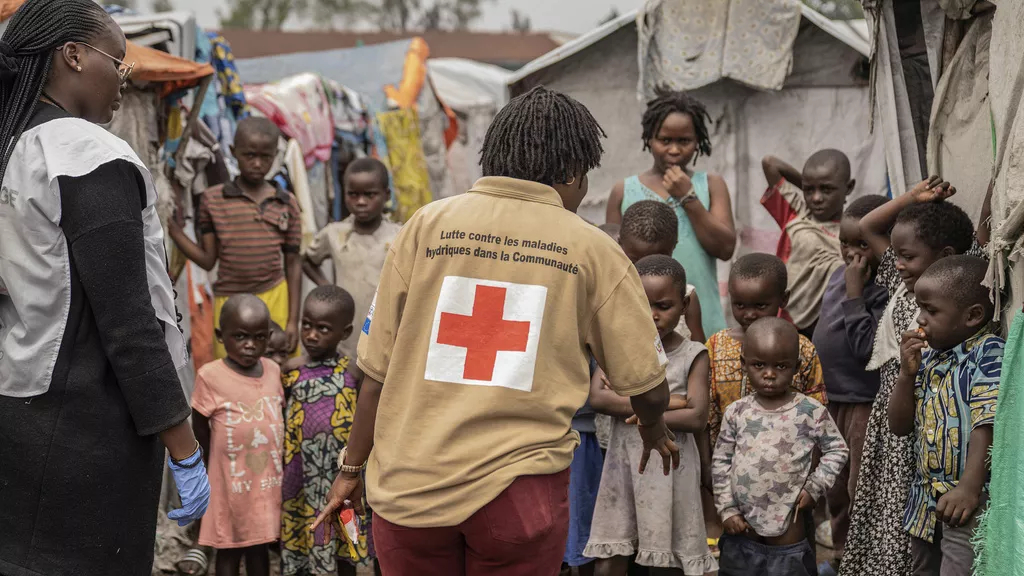Health
WHO Launches 6-Month Plan to Curb Mpox Transmission

The World Health Organization (WHO) has introduced a 6-month strategy aimed at halting the spread of mpox, focusing on targeted interventions, vaccination campaigns, and community engagement.
On Monday, a six-month initiative was introduced by the United Nations health organization with the purpose of preventing further outbreaks of mpox transmission.
Increasing personnel in affected regions, elevating observation and enhancing countermeasures are part of the plan.
According to the World Health Organization, a plan spanning from September until February of next year will necessitate $135 million in funding with the goal of enhancing equitable access to vaccines. The primary focus will be on African countries that have been most severely affected by the outbreak.
According to a declaration made by Tedros Adhanom Ghebreyesus, the Director-General of WHO, it is possible to manage and prevent mpox outbreaks in the Democratic Republic of Congo as well as its neighbouring nations.
READ ALSO: Germany to Donate 100,000 Mpox Vaccine Doses to Combat Outbreak in Africa
According to the agency, they are increasing their staff significantly in countries that have been impacted. The current mpox outbreak was classified as a global health emergency by WHO in mid-August.
On Monday, according to German news agency dpa, Steffen Hebestreit – the spokesperson of the government stated that Germany is contributing 100,000 mpox vaccine doses from its military’s supplies to help affected nations.
During the previous week, Congo – which has been severely affected by mpox – registered over 1,000 new cases on Tuesday.
According to the African Centers for Disease Control’s most recent update on the outbreak, 12 African countries have reported over 21,300 cases that are either suspected or confirmed along with approximately 590 deaths as of Thursday this year.
Belonging to the same viral family as smallpox, Mpox generally triggers less severe symptoms such as fever, body aches and chills. It usually spreads through close skin-to-skin contact like sexual intercourse. In serious cases, individuals may experience lesions on their chest, face, hands or genitals.
